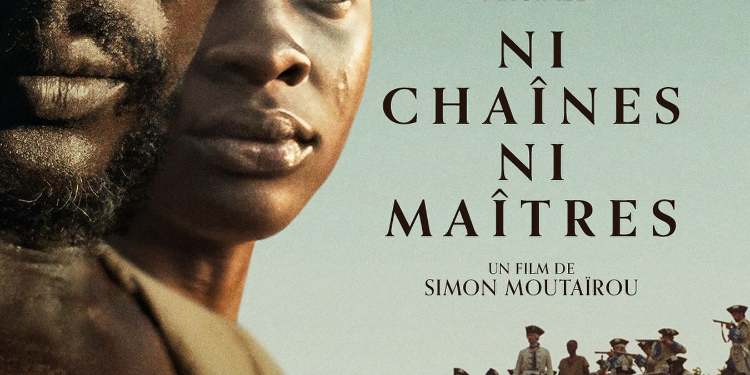
French cinema shines once again with Ni Chaînes Ni Maîtres, a gripping dive into the history of slavery in Mauritius. This debut feature by Simon Moutaïrou takes viewers on a powerful historical and human journey.
Film synopsis
Set in 1759 on Isle de France (now Mauritius), the film follows the lives of Massamba and Mati, two slaves on the plantation of Eugène Larcenet. Massamba dreams of freeing his daughter, while Mati longs to escape the harsh reality of the sugarcane fields. One night, Mati flees, prompting the notorious slave hunter Madame La Victoire to track her down. Massamba, with no other choice, also escapes, becoming a "maroon"—a fugitive rebelling against the colonial order.
Epic scope and beauty
Critics have praised the film's stunning visuals, highlighted by the breathtaking Mauritian landscapes and meticulously crafted cinematography. The musical score adds emotional depth, making Ni Chaînes Ni Maîtres an all-encompassing sensory experience that lingers in the audience's mind.
A tribute to resistance
By addressing slavery head-on, Simon Moutaïrou has created a film that is both poignant and necessary. Ibrahima Mbaye Tchie (Massamba) and Anna Thiandoum (Mati) carry the narrative with great sensitivity, while Camille Cottin, as the chilling Madame La Victoire, and Benoît Magimel as Eugène Larcenet, bring added depth to the film. Each actor plays a crucial role in this quest for freedom, resonating in an era where racism and injustice remain pressing issues.
Moutaïrou was dedicated to telling the story of resistance through marronnage. Although the film is not based on a specific true story, it draws heavily from historical accounts. Moutaïrou collaborated with historians, including Mauritian historian Vijaya Teelock, and was inspired by Amédée Nagapen's book Le Marronnage à l'Isle de France - Ile Maurice to provide a realistic portrayal of this period in Mauritian history.
A French film shot entirely in Mauritius
The decision to film entirely in Mauritius adds a unique geographical and historical depth to the movie. By doing so, Moutaïrou pays tribute to a place rich in history and offers the audience an immersive experience.
An enduring historical connection
Mauritius is a cultural melting pot, shaped by African, Indian, Chinese, and European influences. Much of this heritage stems from the history of slavery. By filming in Mauritius, Moutaïrou reminds us of the importance of acknowledging and understanding this past to build a more just and equitable future.
In conclusion
Ni Chaînes Ni Maîtres is more than just an adventure film. It is a committed work that challenges us to reflect on the past and its impact on the present. A must-see in French cinema, this film has captivated both critics and audiences alike.



















